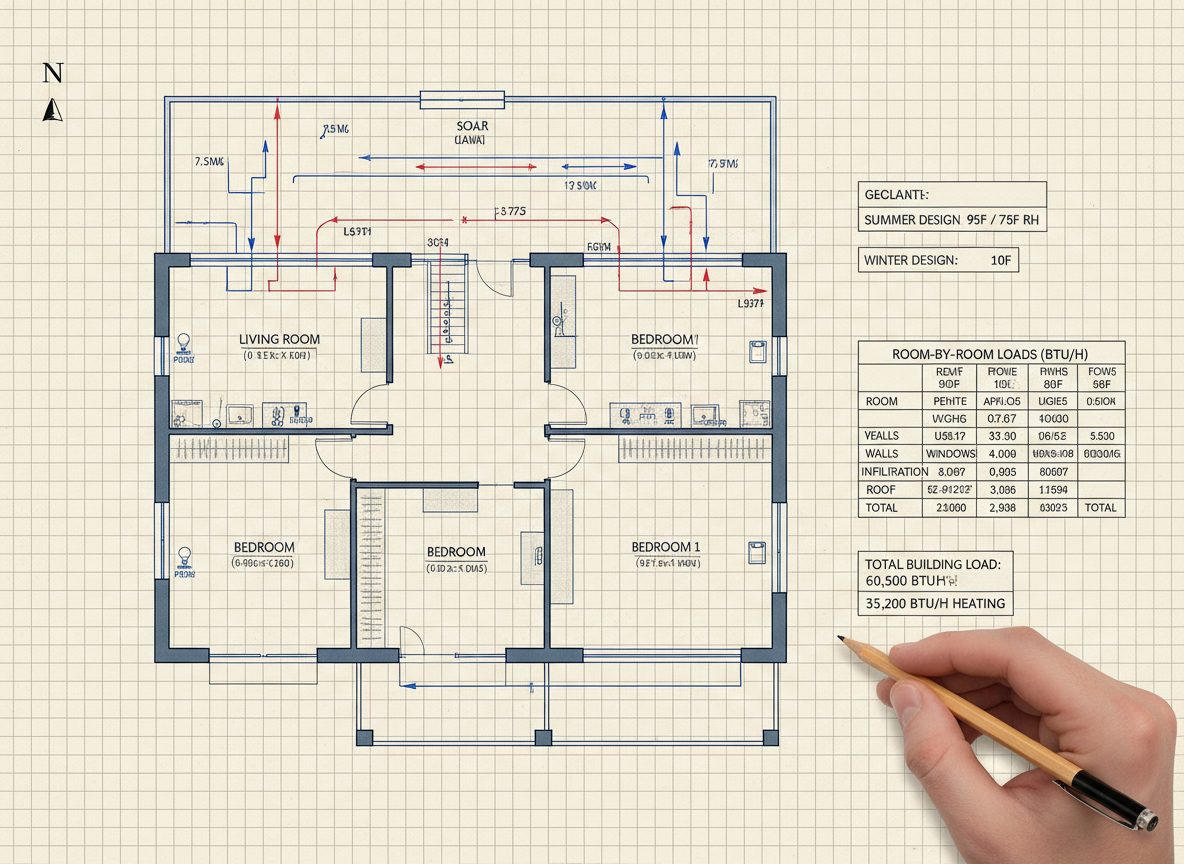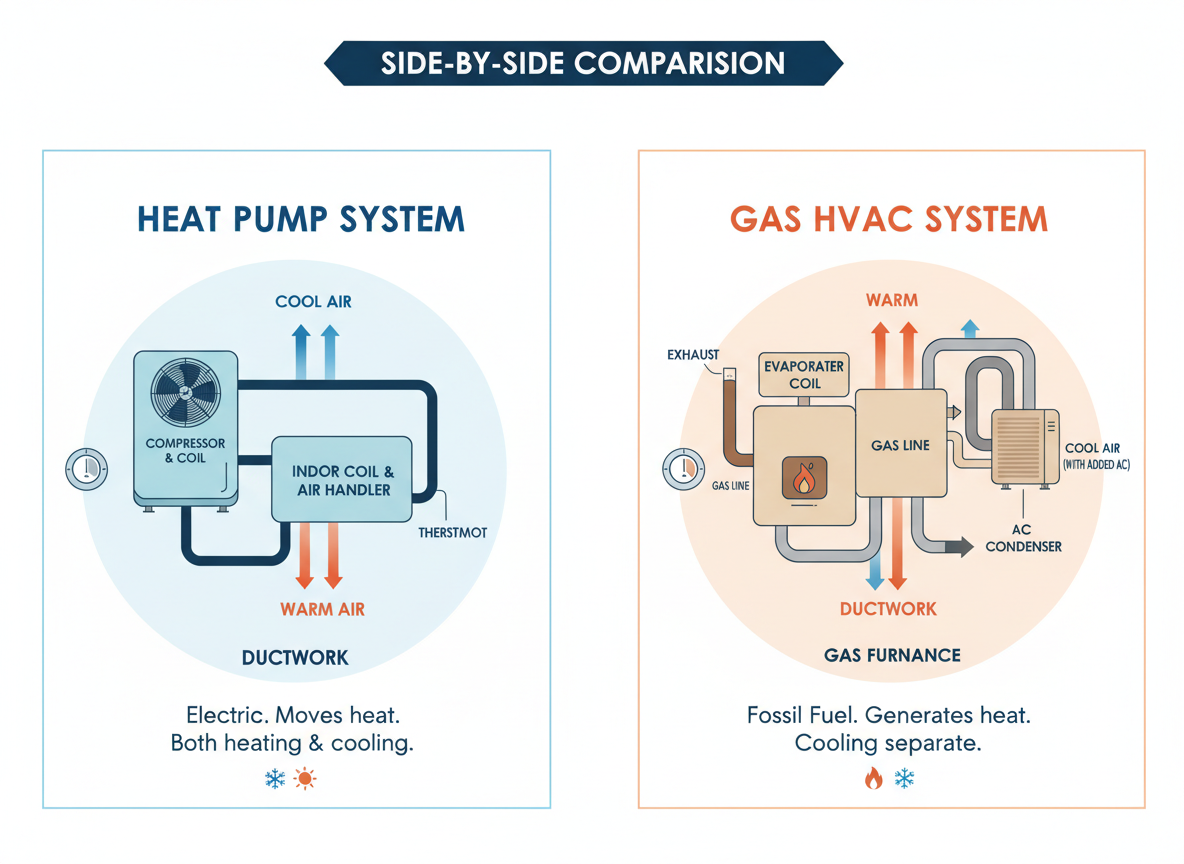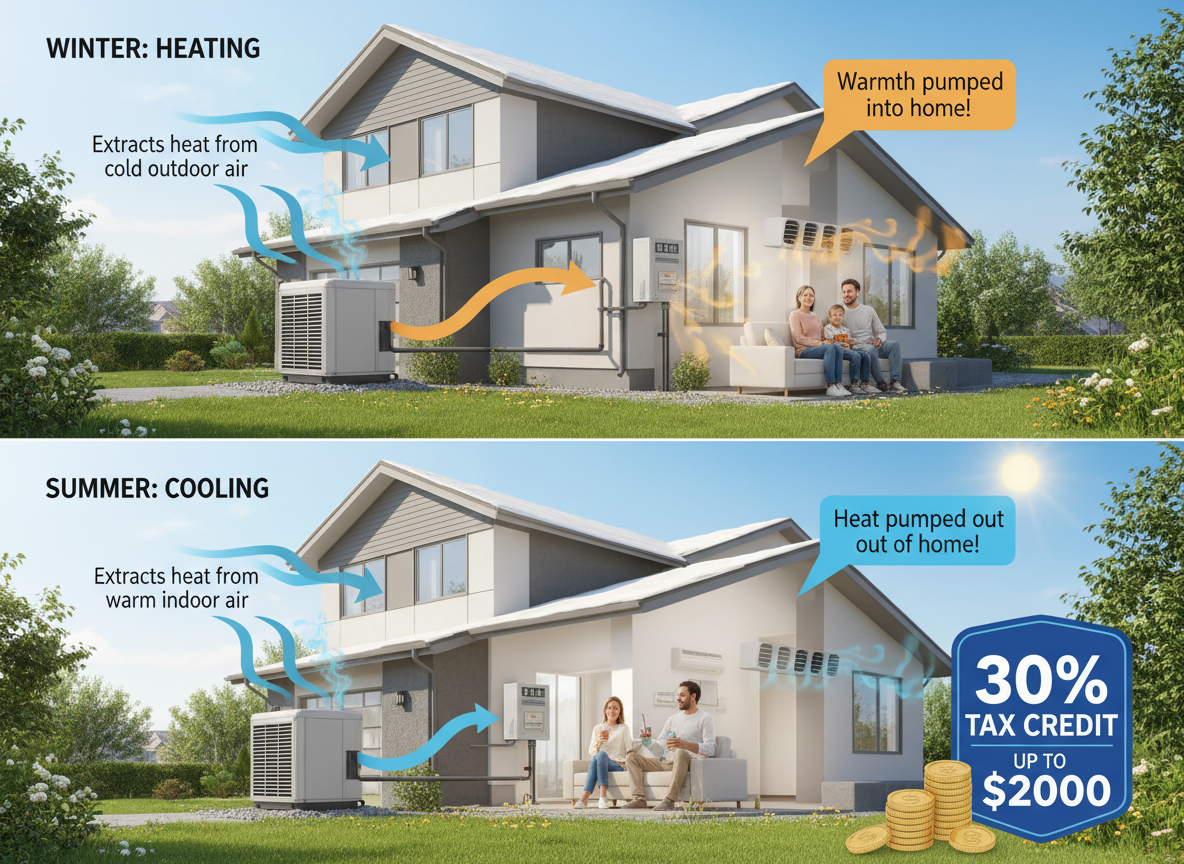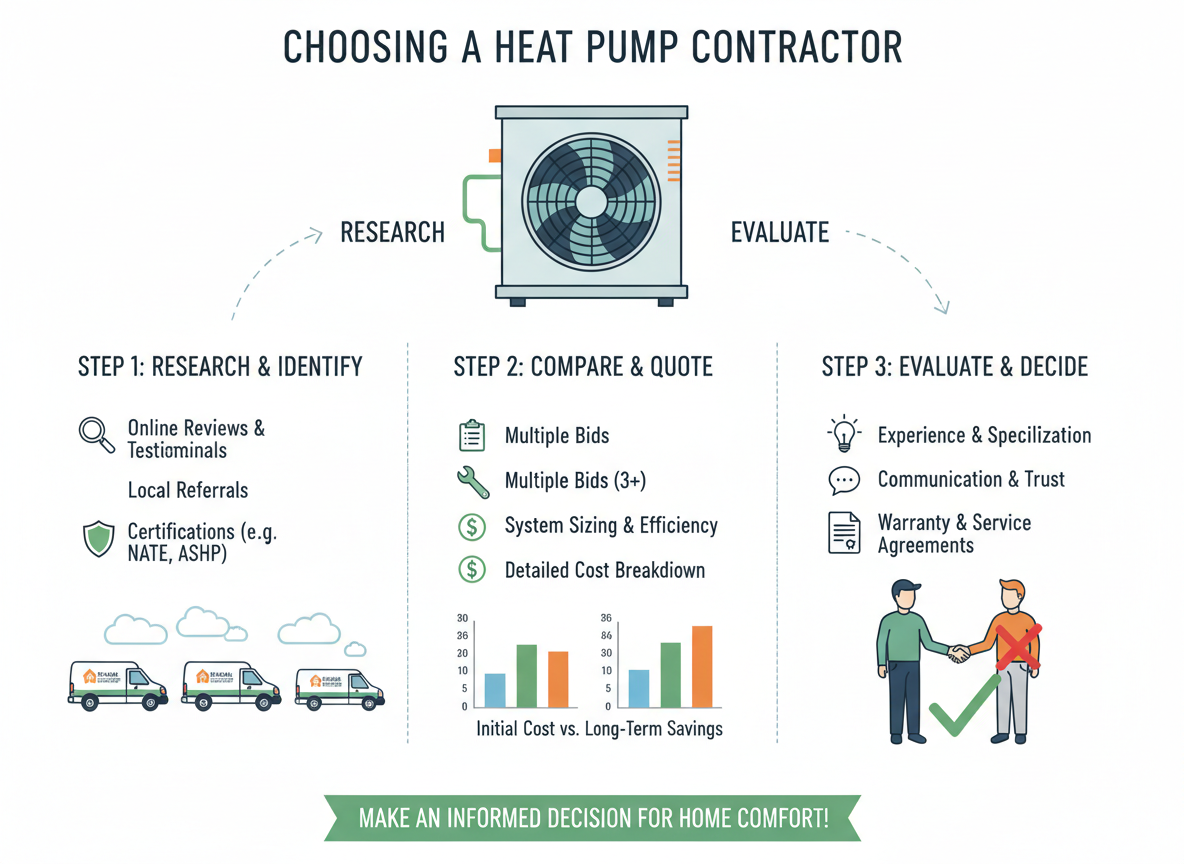
Causes of indoor air pollution may not be something that crosses your mind. Most people think that air pollution only occurs outside of the home, but did you know indoor air can be dirtier than the air outside? Indoor air pollution can be more harmful to your health than outdoor air pollution.
Indoor air pollutants can affect the health and comfort of you and your family leading to health effects shortly or years after exposure. Indoor air pollution is created by the release of harmful pollutants inside the home such as fine particulate matter, carbon monoxide and other toxins. Some are easily recognized due to their odor, but others can go undetected. In this article we discuss common causes of indoor air pollution and how to combat them.
Tobacco Smoke
Secondhand smoke is often referred to as passive smoking. The EPA classifies it as a Group A carcinogen and contains 200 poisons and 43 carcinogens. Secondhand smoke can cause heart disease, stroke, lung cancer, asthma, and other respiratory ailments. It is one of the most severe of indoor air pollutants.
Biological Pollutants
Biological pollutants are contaminants produced by living things, including mold, bacteria, viruses, pollen, pet dander, dust and mites. They are commonly found in areas with excessive moisture. These indoor air pollutants can trigger asthma, allergies or other serious respiratory infections.
Volatile Organic Compounds (VOCs)
Volatile organic compounds, otherwise known as VOCs are gases emitted from certain solids or liquids. They are a result of many household products such as cleaning products, aerosol sprays, air fresheners, chemicals, paints and solvents. When VOCs are released into the air they can cause both short term and long term effects such as sick building syndrome, headaches, nausea, damage to the liver, kidney, and central nervous system.
Pesticides
Pesticides are used to control pests and therefore are inherently toxic. They are known to disrupt the endocrine system, cause eye, nose and throat irritation and can lead to increased risk of cancer.
Formaldehyde
Formaldehyde can be found in carpets and upholstery that use formaldehyde as permanent adhesive. It is classified as a known human carcinogen by the World Health Organization.
Combustion Pollutants
Combustion pollutants are gases or particles that are emitted by unvented or poorly vented fuel – burning appliances such as a fireplace, heater, gas stove, water heater and/or dryer. One of the hazardous gases that may be produced is carbon monoxide (CO). Carbon monoxide poisoning can be fatal.
How To Reduce Indoor Air Pollution:
Keep Your Environment Clean and Dry
One way to reduce indoor air pollution is to keep your indoor space clean and dry, especially important in areas where mold and mildew tend to grow. It is especially important to repair any leaks or water damage to prevent mold and mildew growth.
Proper Ventilation
Ventilate your indoor space and let fresh air circulate freely. Proper ventilation helps remove polluted indoor air. Inadequate ventilation is especially a concern in homes that are sealed tight to conserve energy. Another way to improve ventilation is relocating intakes or moving ductwork.
Use HEPA Filters
High- efficiency particulate air (HEPA) filters which are designed to reduce indoor air pollution by trapping 99.97% of dust, pollen, pet dander and smoke particles. The higher the MERV rating the better the filter’s ability to block particles. However, HEPA filters can restrict airflow which can put an additional strain on your HVAC system. Check your HVAC system manual to determine which filter is best for your equipment and needs.
Use Air Purification Technology
An air purifier can help reduce the levels of indoor air pollutants such as dust, pollen, mold spores, pet dander, and VOCs. Another option is installing UVC lights in your HVAC system, they are useful for destroying contaminants on surfaces. There are also oxidation and ionization air purifiers. These type of air purifiers can destroy particles in the air, not only within the HVAC system.
Schedule Routine HVAC Maintenance
Since your indoor air is circulated by your HVAC system, routine HVAC maintenance is essential in maintaining good IAQ. Not only will routine tune-ups help minimize indoor air pollution it will also keep your HVAC system performing properly and efficiently.
Contact LA Heating and Air
Aside from the recommendations mentioned above, simple steps you can take to minimize indoor air pollution is to use green cleaners, keep indoor plants, and choose low- emitting furnishings. We value your safety and indoor comfort and provide services and options to improve your indoor air quality. Give us a call today or contact us online, we are here to help!
Causes of Indoor Air Pollution Related Posts:






















.png)














